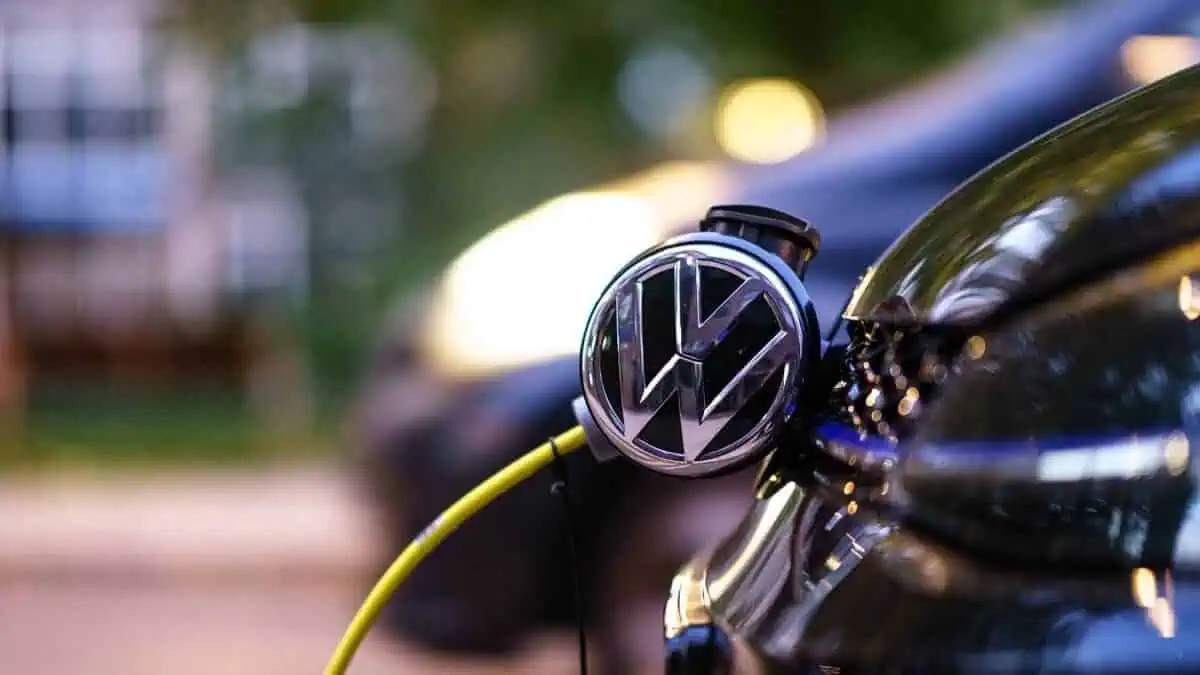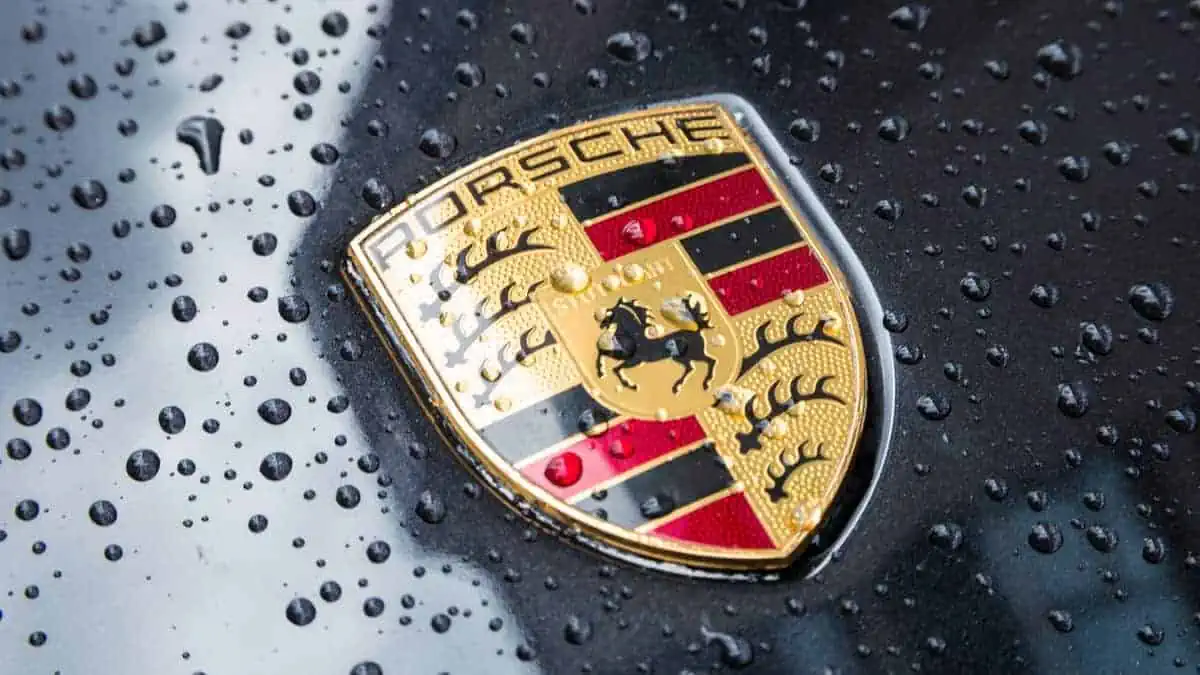With a 3% increase in August, the German automotive industry has recovered, and plugin sales are also on the upswing. Full electric vehicle (BEV) sales increased 13% year over year (YoY) in August. 31 734 BEVs were registered last month, or 16% of the market. With a 2% growth, plugin hybrids (PHEVs) this time around also contributed, achieving their first successful month since September 2021. Furthermore, 24,673 PHEVs, or 12% of the entire vehicle market, were registered, according to CleanTechnica.
With August’s 28% share of plugin vehicles, the year-to-date score is now 28% (16% BEV). By year’s end, a result of around 30% appears feasible.
In August, the Tesla Model Y beats its own record and prevailed.
The Tesla Model Y achieved the monthly bestseller record in August owing to the manufacturing ramp-up in Giga Berlin that made 4,216 registrations possible. Excitingly, the brand may overtake the competition in the German auto market in September.
The Ford Kuga PHEV, which had 2,220 sales, was second place and had its most outstanding performance in 14 months. Because of this, the Ford model could dominate the PHEV rivals. With just around half the registrations of the Kuga PHEV, the category runner-up, the Audi Q3 PHEV ranked 10th.
Last month, other models were also given a chance to thrive, and three even achieved record scores. The sixth-placed Audi Q4 e-tron had 1,332 registrations—its second consecutive record performance. With a record 1,257 registrations, the sporty Cupra Born came in at nine, underscoring the Volkswagen EV galaxy’s recent manufacturing ramp-up. The Hyundai Tucson PHEV, which achieved a record score of 1,134 registrations in position #11, is also among the top performers.
| Rank | Model | August | % |
| 1 | Tesla Model Y | 4,216 | 7.5% |
| 2 | Ford Kuga PHEV | 2,220 | 3.9% |
| 3 | Fiat 500e | 1,527 | 2.7% |
| 4 | VW ID.3 | 1,489 | 2.6% |
| 5 | Dacia Spring | 1,447 | 2.6% |
| 6 | Audi Q4 e-tron | 1,332 | 2.4% |
| 7 | VW ID.4 | 1,301 | 2.3% |
| 8 | BMW i3 | 1,262 | 2.2% |
| 9 | Cupra Born | 1,257 | 2.2% |
| 10 | Audi Q3 PHEV | 1,154 | 2.0% |
| 11 | Hyundai Tucson PHEV | 1,134 | 2.0% |
| 12 | Mini Cooper EV | 1,110 | 2.0% |
| 13 | Tesla Model 3 | 1,075 | 1.9% |
| 14 | Opel Corsa EV | 1,041 | 1.8% |
| 15 | Hyundai Ioniq 5 | 989 | 1.8% |
| 16 | Opel Mokka EV | 973 | 1.7% |
| 17 | Mitsubishi Eclipse Cross PHEV | 948 | 1.7% |
| 18 | Skoda Enyaq | 940 | 1.7% |
| 19 | VW e-Up | 919 | 1.6% |
| 20 | Mercedes E300e/de | 878 | 1.6% |
| Others | 29,195 | 51.8% | |
| TOTAL | 56,407 | 100% |
Other models starred in the second part of the table, such as the #16 Opel Mokka EV, which had 973 registrations. With 878 registrations, the Mercedes-Benz E300 PHEV surpassed the rival German full-size Audi e-tron and entered the list at position #20.
Meanwhile, the Mercedes-Benz EQC, with 398 registrations, which is its best result in more than a year, and the MG 5 station wagon, with 394 registrations, both rank outside the top 20.
Tesla Model Y is now in second place and is catching up to frontrunner Fiat 500e.
The Fiat 500e continued to top the 2022 table, but the new runner-up Tesla Model Y is anticipated to have another record-breaking month in September. In its newly adopted Vaterland, the midsize crossover is predicted to take the lead. Notably, it is expected that the midsize crossover will take the helm in its new Vaterland.
The Mitsubishi Eclipse Cross PHEV moved up one spot to position 6 when the first position alterations occurred elsewhere. The Volkswagen ID.4, the climber of the month, is just behind it and has climbed to position 7. By the end of the year, the German crossover undoubtedly aims to secure a top 5 spot.
| Rank | Model | January-August | % |
| 1 | Fiat 500e | 14,975 | 3.2% |
| 2 | Tesla Model Y | 12,709 | 2.7% |
| 3 | Ford Kuga PHEV | 12,163 | 2.6% |
| 4 | Tesla Model 3 | 12,023 | 2.6% |
| 5 | Hyundai Kona EV | 9,577 | 2.0% |
| 6 | Mitsubishi Eclipse Cross PHEV | 9,322 | 2.0% |
| 7 | VW ID.4 | 9,238 | 2.0% |
| 8 | Cupra Formentor PHEV | 9,161 | 2.0% |
| 9 | Opel Corsa EV | 8,978 | 1.9% |
| 10 | VW ID.3 | 8,956 | 1.9% |
| 11 | BMW i3 | 8,039 | 1.7% |
| 12 | Skoda Enyaq | 7,701 | 1.6% |
| 13 | VW e-Up | 7,700 | 1.6% |
| 14 | Audi e-tron | 7,384 | 1.6% |
| 15 | BMW 330e | 7,239 | 1.5% |
| 16 | Hyundai Ioniq 5 | 7,220 | 1.5% |
| 17 | Renault Zoe | 7,145 | 1.5% |
| 18 | Mini Cooper EV | 7,098 | 1.5% |
| 19 | Audi Q4 e-tron | 6,674 | 1.4% |
| 20 | Dacia Spring | 6,220 | 1.3% |
| Others | 288,082 | 61.6% | |
| TOTAL | 467,604 | 100% |
Meanwhile, the majority of position changes are seen in the table’s second half. For instance, the BMW i3 had reached position 11 while the future classic Beemer was performing its final, melancholy farewell.
The Renault Zoe’s plunge into the depths allowed the Audi e-tron, BMW 3-Series PHEV, and Hyundai Ioniq 5 to all gain ground and move up one spot in the rankings, moving the Skoda Enyaq up to position #12.
The Dacia Spring came in at #20 and the Audi Q4 e-tron at #19, both of which were BEVs. There are now 16 BEV cars in the top 20, whereas there are only four PHEV models.
Sales of plugin vehicles in Germany are led by 4 German automakers.
Volkswagen (9.3%) maintained its lead in the brand ranking, while BMW (8.6%), who came in second, is making a valiant effort to block third-place Mercedes (8.5%) from winning the silver.
Volkswagen is moving back to its natural state, both premium brands are losing market share, and the plugin market is becoming less premium-heavy and more in line with the broader market.
In a secure fourth position, Audi (6.8%) is waiting to see how much Mercedes and BMW will drop.
Tesla (5.3%) gained headway on Hyundai (5.5%) in the battle for fifth place, with the US carmaker poised to regain a fifth place in September.
Obviously, the standings stayed the same on the OEM rankings. The domestic market is under the control of the Volkswagen Group. Stellantis is well behind it, while BMW and Mercedes are battling it out for the fourth place.
On the other hand, the Renault-Nissan-Mitsubishi Alliance, which is in sixth place, cannot overtake the #5 Hyundai-Kia partnership.






